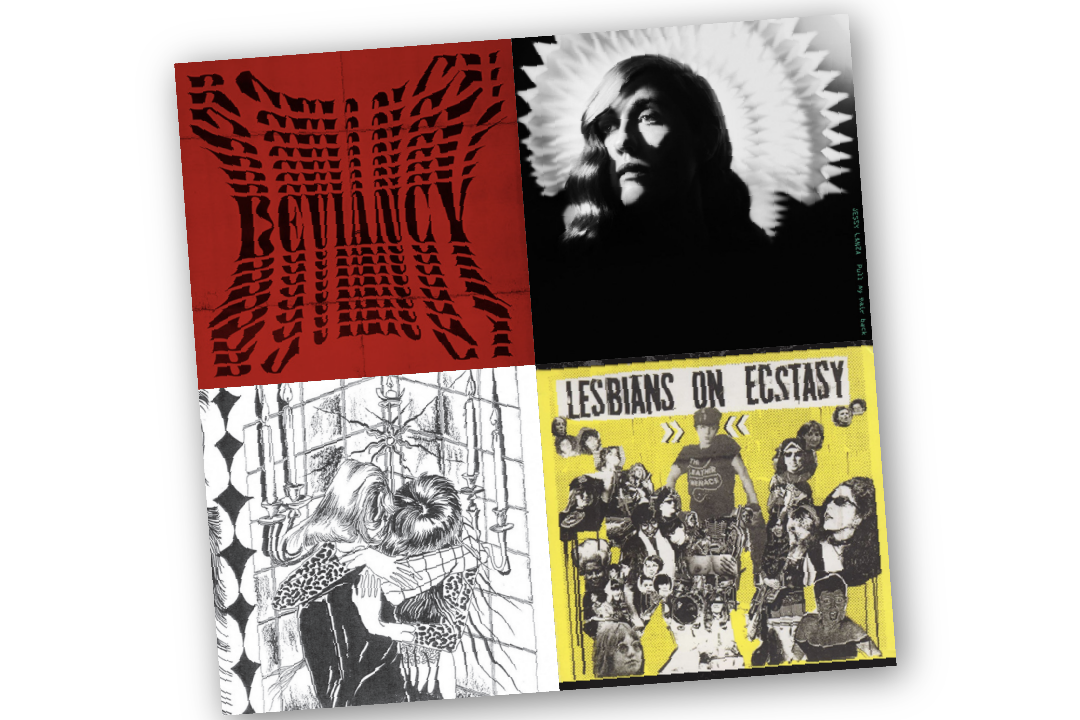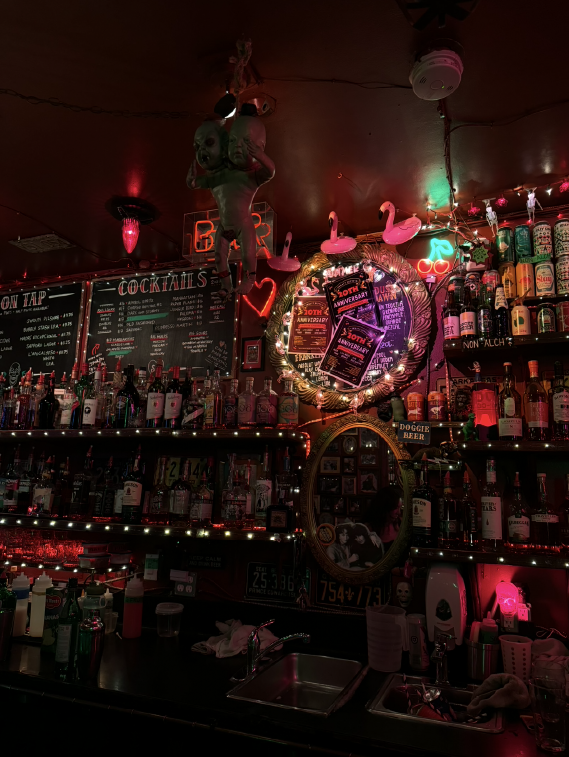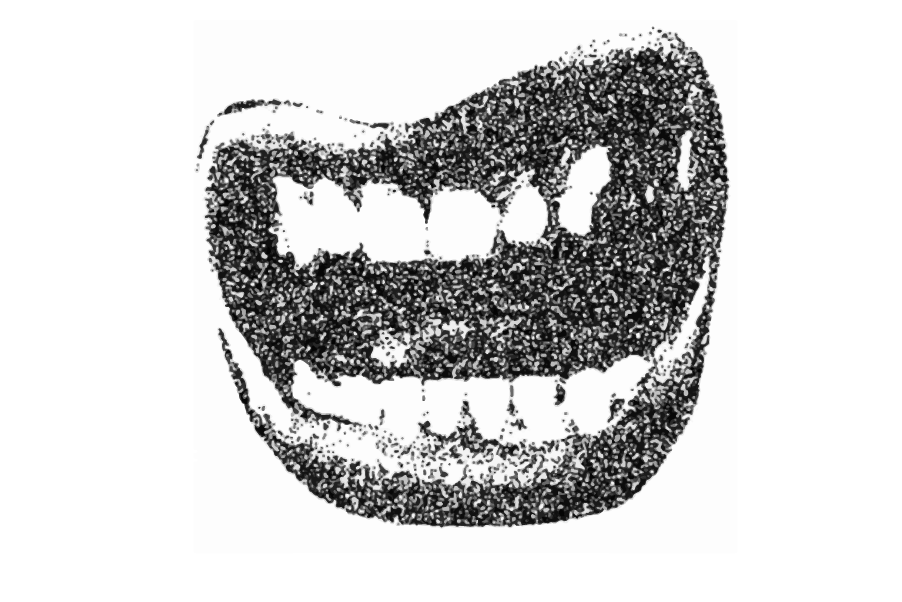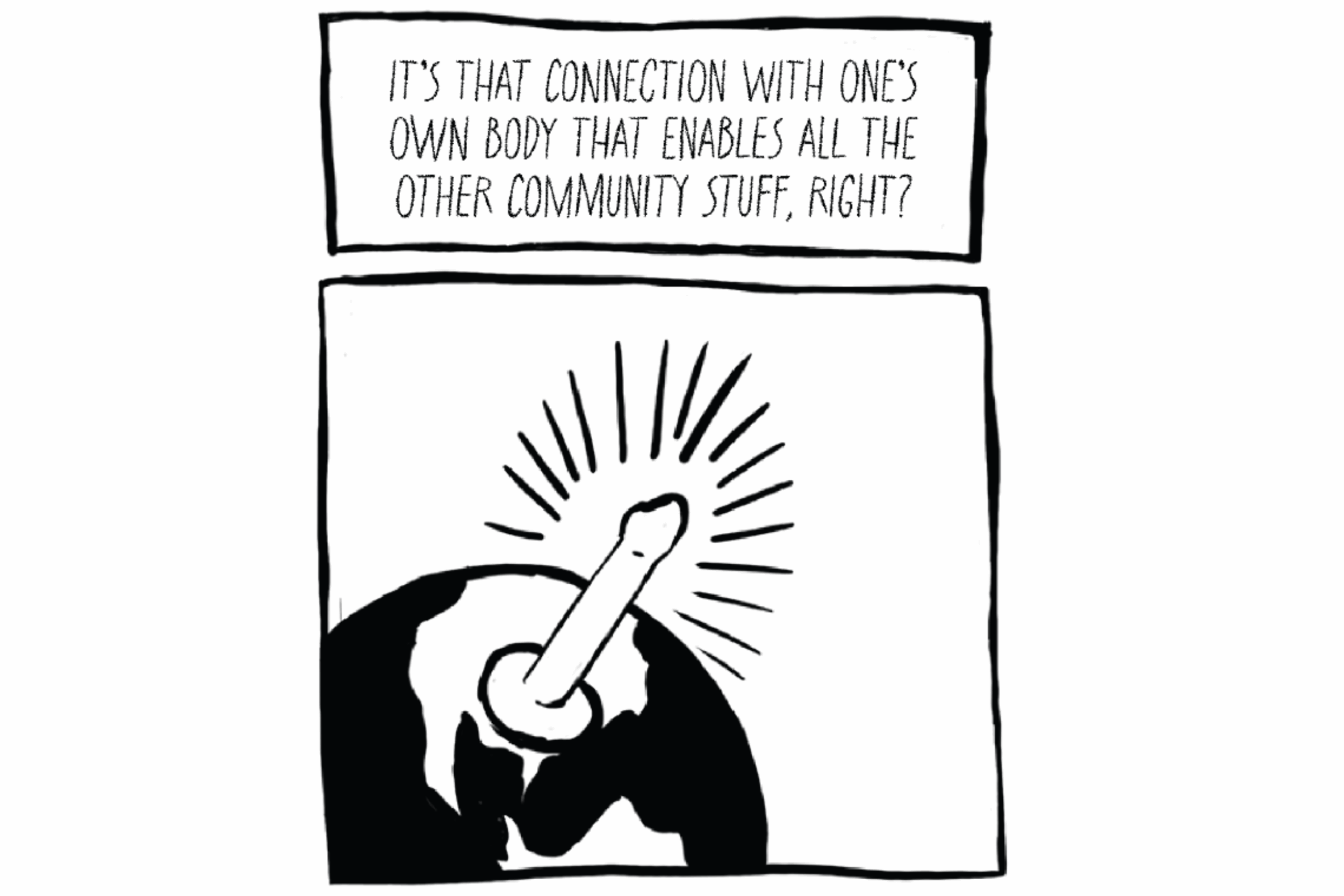(Karly Cywink/CanCulture)
By: Karly Cywink
Walking into the screening, you can feel the atmosphere of Indigenous culture all around you; jokes, greetings, and the overall lightheartedness of the people. This is what imagineNATIVE Film Festival is all about; connecting communities through their love of Indigenous cinema and art.
The 19th annual festival held in Toronto featured a horror and comedy short film screening, The Witching Hour, held late at night with the promise of spooks and laughs from beginning to end. And they did not fail to fulfill this assertion. Here are some of the most gripping short films from this screening.
Fireweed
Courtesy of imagineNATIVE Film Festival
Grade: A
Directed, produced and written by Mason Mantla, of the Tlicho Dene nation, Fireweed is a short thriller following Chamaè, a young Indigenous woman trying to find her way in life, set in a post-apocalyptic North. The audience is taken on her journey through abysmal snow storms as she experiences visions depicting her ancestors as she desperately seeks aid in the cruel situation. It is left up to the viewer’s interpretation of whether or not her ancestors have come to her on their own or if she has asked them for help. The visions increase significantly when Chamaè is chased down by raiders who attempt to steal her goods. Her ancestors comfort her and aid her in the process of fighting off the attackers.
The both technically and visually-stunning shots of the Northern landscape allows the audience to feel as vulnerable and cold as she is, as if we can place ourselves in her boots. Rushed shots, tilting angles, and quick-cut editing make us feel a sense of urgency, but Mantla’s masterful use of the peaceful visions – including serene cinematic landscapes and a boisterous male voice – from Chamaè’s ancestors create a sense of ease to balance the harshness of her surroundings. Throughout the short, Mantla’s cinematography plays with frozen tones of the North and almost washes out the entire saturation of the film.
Chamaè’s initial acting is natural. She’s charming and ferocious and much is left to infer with her character and her life. Although a great start, when the fight sequence eventually arrives, there is a sense of discomfort with the stiff faux combat between characters. Despite the importance of this plot twist, the film could have done without this seemingly awkward encounter as it takes away from the quality aspects of the film – such as the visions of her ancestors – and is hard to ignore.
Spirit
Courtesy of imagineNATIVE Film Festival
Grade: C
Directed, produced and written by Tristin Greyeyes (Plains Cree/Anishinabek), Spirit tells the true story of Tristin Greyeyes, the creator of this short, as a young girl who has visions of spirits. The film begins with Greyeyes and her friend watching a film. The viewer is initially intrigued by the warmth and almost nostalgic feeling of a movie night in. This soon takes a drastic turn when a malevolent spirit is seen looming outside a nearby window. Her friend quickly grabs a smudging kit and lights sage to get rid of the evil force.
Unfortunately, that’s all there is. There is not much to be seen or even heard in this short. We are stuck in a small cramped living room with too little camera shots and movement. There is a lack of captivating dialogue and ambient sound leaving the majority of the film to be in complete silence. Even the spirit is quite underwhelming in its own quiet appearance. The entire three minutes of the film seems to drag on, and by the end, you are left wondering what has actually taken place. Overall, this film doesn’t provoke much feeling within the audience, nor is it very entertaining.
Gobmemáinnas
Courtesy of imagineNATIVE Film Festival
Grade: A
Gobmemáinnas is a film mostly written in the native Sámi language and was directed, produced and written by Niki Rasmus of the Sámi nation. It follows a Sámi storyteller, Áslat Pieski, who shares a thrilling story about himself as a child on his journey home when he begins to think some kind of creature is following him. Faced with making a series of quick and rash decisions to secure his safety, Pieski eventually decides to take refuge at his friend’s home. When Pieski arrives there, he shockingly realizes this “creature” is, in fact, his friend.
The film’s ambient beginning shows the storyteller reclining by a dimly lit fireplace. This eerie scene effectively sets the stage for what is about to ensue. The pleasant but misleading warmth of the fireplace is a stark contrast to the cold but very realistic flashbacks of young Pieski trekking through the wilderness.
The auditory components of the short are kept to a minimum to emphasize the chilling narrative. The small but effective use of sound foley – in which we hear young Pieski and his sled gliding through the tundra during flashbacks – is just enough to further immerse the audience in the otherwise primarily visual experience.
Final Thoughts
All in all, it was a thoroughly enjoyable opportunity to experience this year’s imagineNATIVE Film Festival and explore the cultural nuances of the Indigenous community, languages and storytelling, through the art of film and the horror genre.
As a young Ojibwe woman, from Manitoulin Island, studying media, it is wonderful to see a festival that encourages and promotes Indigenous media arts from around the world. It’s inspiring to see so many young people at the festival because it truly is the younger generation that will change the world for the better. I feel a sense of pride for my community that I never imagined I would feel.
ImagineNATIVE is an experience we’ve been needing for decades, it is an opportunity that will only grow from here, and it is a place where, finally, the Indigenous community is no longer a sub-plot pushed under the rug, but a place where they are finally able to take centre stage.









